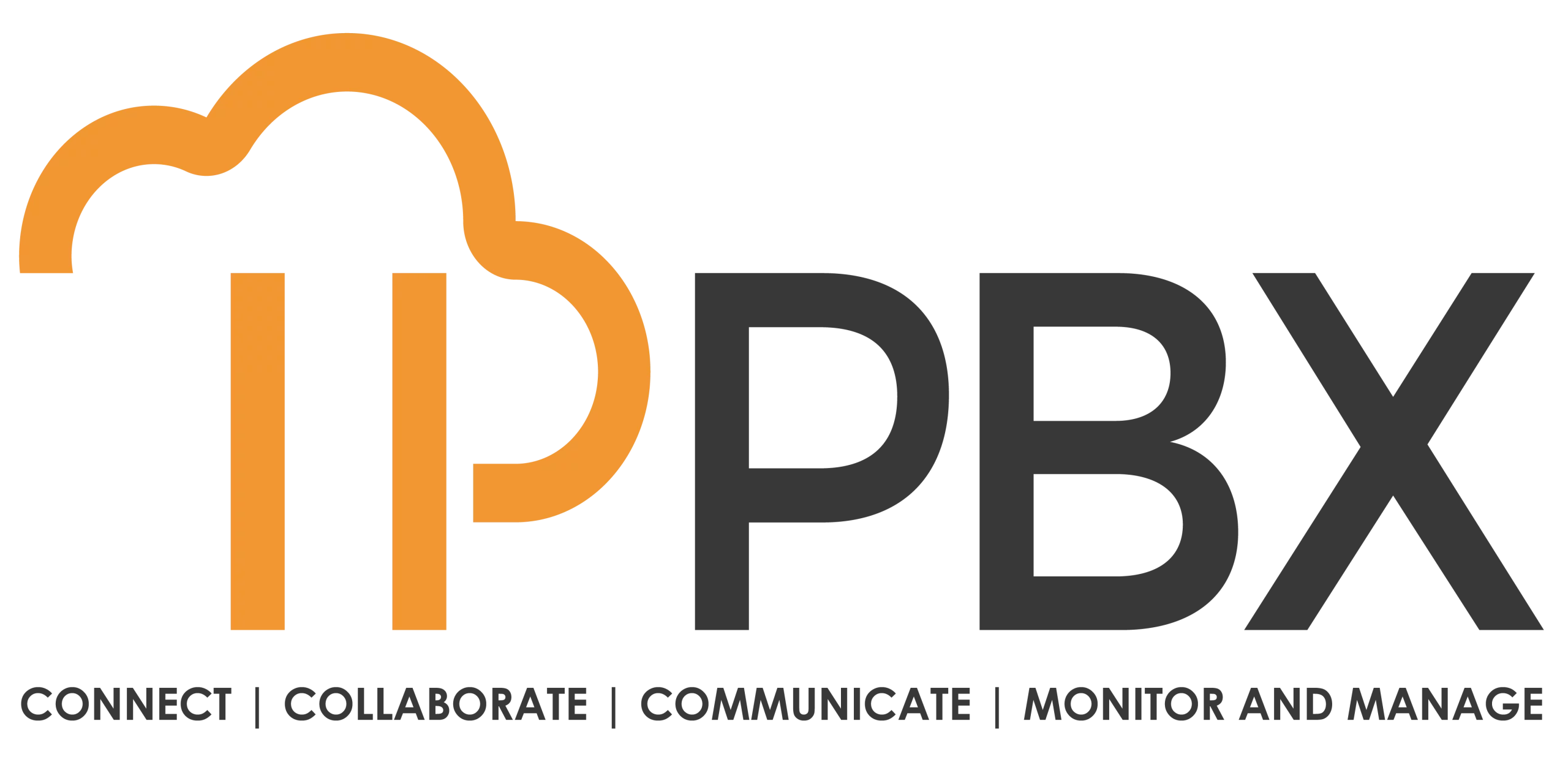Introduction:
In today’s digital age, the efficient management of documents is essential for any organization’s success. A Document Management System (DMS) can be the linchpin in streamlining processes, enhancing productivity, and maintaining data integrity. To guide us through this critical topic, we turn to Val Carter, a distinguished expert in information technology. Join us as we explore the realm of Document Management Systems and learn how they can revolutionize your organization’s data management.
Meet the Expert: Val Carter
Val Carter is a respected authority in the field of information technology. With over two decades of experience, she has helped numerous organizations harness the power of technology for efficient data management. Val holds several certifications and has been a pioneer in implementing cutting-edge solutions that drive productivity and data security.
Document Management Systems: A Brief Overview
Before delving into the specifics, it’s crucial to understand what Document Management Systems (DMS) are. DMS is a software solution designed to facilitate the efficient management of documents, from creation to storage and retrieval. Val Carter underscores that DMS plays a pivotal role in modern organizations, ensuring that information flows seamlessly and securely.
DMS goes beyond traditional file storage by offering tools for document version control, access permissions, searchability, and more. It acts as a central hub for all your digital documents, revolutionizing how you manage and collaborate on information.
Key Features to Look for in a DMS
Not all DMS are created equal. Val Carter advises organizations to carefully consider the features a DMS offers. Look for tools that can enhance efficiency, such as automated workflows, document categorization, and integration with other software your organization uses. A robust DMS should also prioritize data security, compliance, and accessibility, allowing your team to work effectively, whether in the office or remotely.
Benefits of Implementing a DMS
The benefits of implementing a DMS are manifold. Val Carter highlights that organizations can expect enhanced data security, streamlined workflows, improved compliance, and significant time savings. Additionally, a DMS reduces the risk of data loss or unauthorized access, ensuring that sensitive information remains protected.
Choosing the Right DMS for Your Organization
Selecting the right DMS is a critical decision. Val Carter provides insights into the factors to consider, such as scalability, user-friendliness, and integration capabilities. It’s vital to align the chosen DMS with your organization’s specific needs and objectives to maximize its effectiveness.
Case Studies: Real-World DMS Success Stories
To illustrate the impact of DMS in real-world scenarios, Val Carter presents case studies of organizations that have successfully implemented DMS solutions. These stories showcase the transformative power of DMS in improving efficiency, reducing costs, and enhancing data management.
The Future of Document Management Systems
As technology continues to advance, the future of DMS is bright. Val Carter discusses emerging trends, such as artificial intelligence-driven document categorization and blockchain-based document verification. Staying up-to-date with these advancements can provide organizations with a competitive edge in managing their information effectively.
Conclusion
In conclusion, selecting the right Document Management System is a crucial step in modernizing your organization’s data management processes. With insights from Val Carter, you now have a clear understanding of the role of DMS, key features to look for, the benefits it offers, and considerations for making the right choice. Embracing the future of DMS technology can position your organization for success in the ever-evolving digital landscape.

